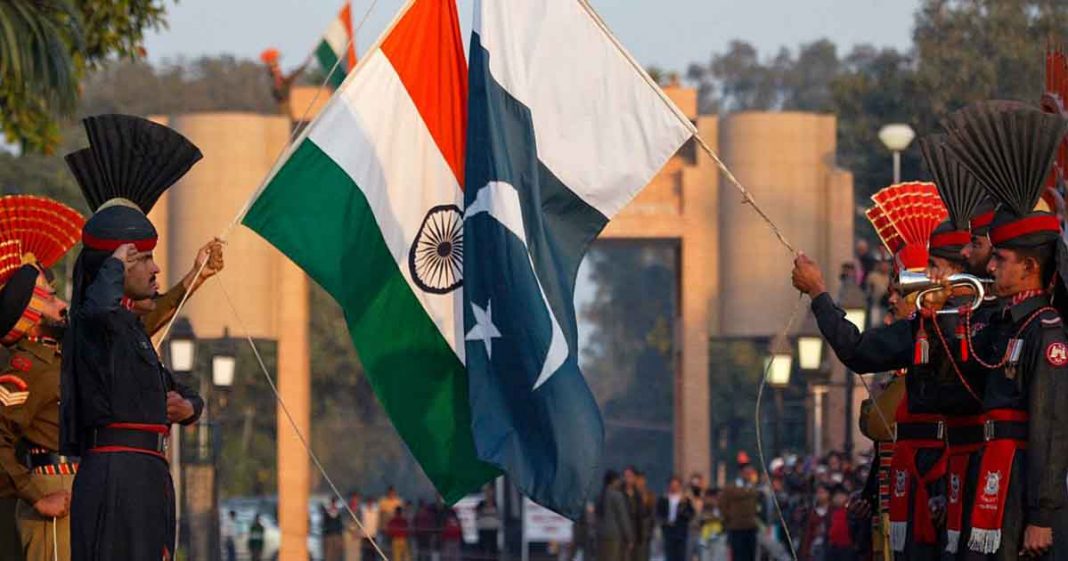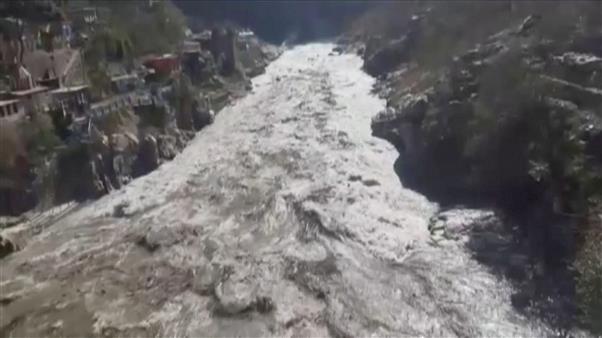Pakistan’s ban on Indian imports: mechanism to get back at Kashmir

The about-turn of Prime Minister Imran Khan and his cabinet did not come as a shocker. The bilateral relationship between India and Pakistan has always been a matter of concern.
By Sejal Seth
Pakistan’s ban on Indian Import is just another mechanism to get back at India, and the demand for Kashmir. The geo-politics has been so hugely concentrated upon that importance of geo-economics has comprehensively diminished. While, Kashmir has always been the conflict of interest between the two, trade is just being used as a pawn by Pakistan, to get back at Kashmir.
A day after Pakistan’s new finance Minister Hammad Azhar declared to lift a two year old ban on Indian imports; Pakistan’s cabinet had blatantly rejected the proposal of economic coordination committee (ECC). According to a report by Dawn, the 16th agenda of ECC mentioned, the lifting up of ban on cotton and sugar import on India.
The about-turn of Prime Minister Imran Khan and his cabinet did not come as a shocker. The bilateral relationship between India and Pakistan has always been a matter of concern. Pakistan’s hostility can clearly be seen, after they declared India’s decision to revoke special autonomous status of Kashmir, as illegal.
According, to a statement issued by Pakistan’s Foreign Office, “As a party to this international dispute, Pakistan will exercise all possible options to counter the illegal steps.”In the year 2019 the Pakistani government imposed a ban on Indian Import, as a result of India revoking Article 370 and 35 A from Kashmir. In reality Pakistan’s Move is a new way to get its demand for Kashmir, fulfilled.
The linking up of trade with the resolution of Kashmir dispute is just beating up a dead horse; especially at a time when the sugar prices in Pakistan are at a peak and the cotton produce is just depleting, fostering geo-politics shouldn’t be of a concern.
A report by the print stated that “Pakistan’s Chief of Army Staff (COAS) General Qamar Javed Bajwa, while speaking at the inaugural Islamabad Security Dialogue in March 2021, spoke of the country’s geo-economic potential, the need for economic security and cooperation.”, but have ever since contradicted their statements.
If the belief that army chief had stated was true, then the about-turn on the Indian import would never take place. There have been many instances that prove economy for Pakistan has always been secondary.
So where does this notion come from?
Pakistan has just been beating around the bush. The Cold war is an outstanding example to Pakistan’s “palpable demands”. Pakistani’s sought demand from Americans, in order to defeat India, instead of saving a drowning economy.
Since 1958 the International Monetary Fund (IMF) has provided Pakistan with more than 22 loans, in a hope for implementation of the structural reforms, which would perhaps build up the economy, but has never been implemented.
Where India is the world’s largest producer of cotton and the second largest sugar producing country, the Pakistani government’s claim on India being affected by the trade relations seem vague.
The downgrading bilateral trade and diplomatic ties brings no damage to Indian economy. Pakistan is the 48th trading partner of India, where as the 6th position in their trading partners list is backed by India.
Pakistan has always been on the radar. The ban on import took place after India imposed 200% tariff (unlisted) on import from Pakistan. While consecutive Uri (2016) and Pulwama attacks (2019), lead to, India removing Pakistan from the list of most favored nations.
They are so engrossed in wanting Kashmir to be a part of Pakistan that they blatantly ignore the fact that the sailing and sinking of their economy depends upon them. “For durable peace and stability, it is essential that we resolve all bilateral issues with negotiations, through dialogue, especially the core issue of Jammu and Kashmir, which is also essential and pending and a long standing issue before the United Nations,” said Aftab Hassan Khan on Pakistan Day Celebrations. In the year 2003, India and Pakistan did sign a ceasefire agreement, after the Kargil war, but the clear violation of 14,000 ceasefires ever since 2006, show how desperate Pakistan is to get Kashmir.



